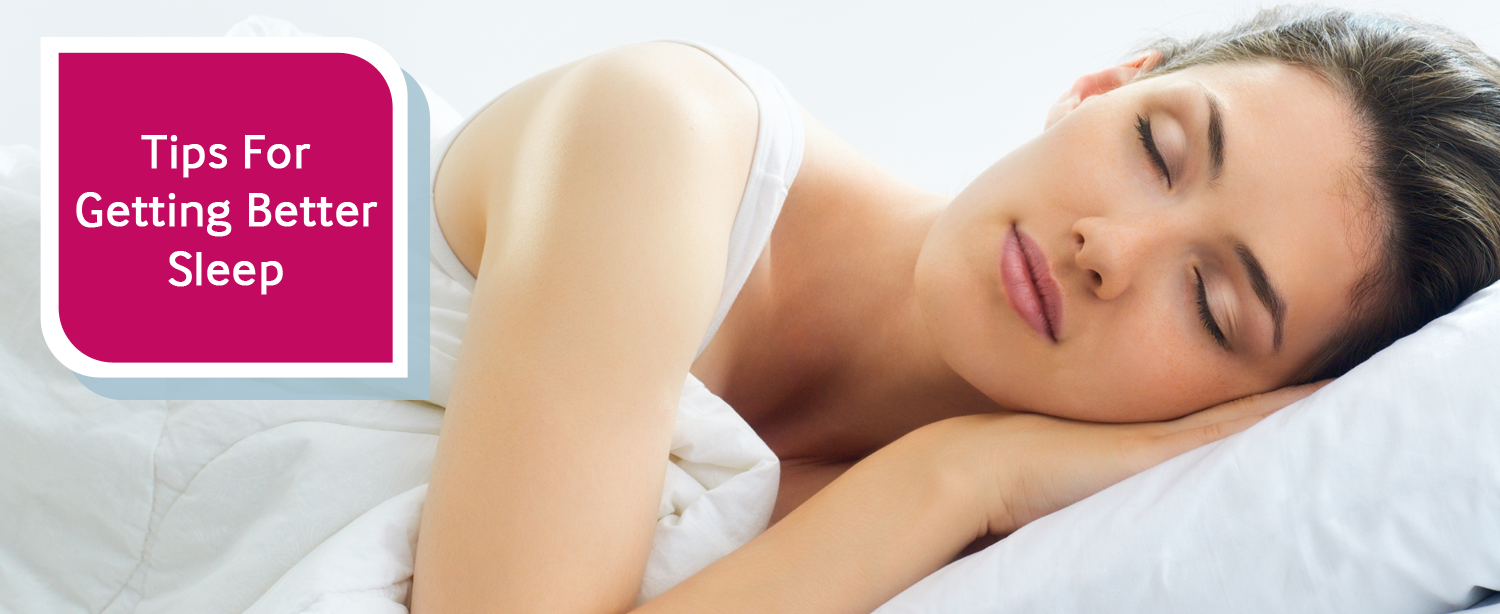Sleep plays a significant role in optimum health and well-being throughout your life. Getting enough quality sleep at the right times can help protect your mental health, physical health, quality of life, and safety. Hence, don’t let anything come in the way of your sleep every night. Here are a few tips to ensure that you get a satisfying, deep sleep every night.
1.Stick to a sleep schedule every day, even on the weekends.
Following a strict routine helps regulate your body’s clock and can help you fall asleep at the ideal time every night.
2.Avoid naps
Power napping may help you get through the day, but if you find that you can’t fall asleep at bedtime, eliminating even short naps may help.
3.Exercise daily
Even light exercise is better than no activity. Exercise keeps you going throughout the day, and encourages your body to rest at bedtime. However, aim to finish any vigorous exercise 3 to 4 hours before you head to bed.
4.Evaluate your room
Ensure that your sleep environment is ideal. Your bedroom should be cool and free from any noise that can disturb you. Finally, there should be no light during bedtime. Check your room for noises or other distractions. Consider using blackout curtains, eye shades, earplugs, fans or other devices that can help make the environment more comfortable.
5.Sleep on a comfortable mattress and pillows
Make sure your mattress is comfortable and suitable for you. Make sure the room is free of allergens that might affect you and objects that might cause you to slip or fall if you have to get up.
6. Pay attention to what you eat and drink
Don’t go to bed either hungry or stuffed. Your discomfort might keep you up. Also limit how much you drink before bed, to prevent disruptive middle-of-the-night trips to the toilet.
7.Manage stress
When you have too much to do or too much to think about, your sleep is likely to suffer. To help restore peace, consider ideal ways to manage stress by getting organized, setting priorities and delegating tasks.
8.Power Down
The blue glow from a mobile phone, tablet, or digital clock on your bedside table may hurt your sleep. Turn off TVs, computers, and other blue-light sources an hour before you go to bed.
For any sleep-related problems or disorders, you can start diagnosis by opting for a Sleep Study Test from Kokilaben Dhirubhai Ambani Hospital’s Pulmonary Medicine Department. For more details, visit https://www.kokilabenhospital.com/departments/clinicaldepartments/pulmonarymedicine/sleepstudy.html


